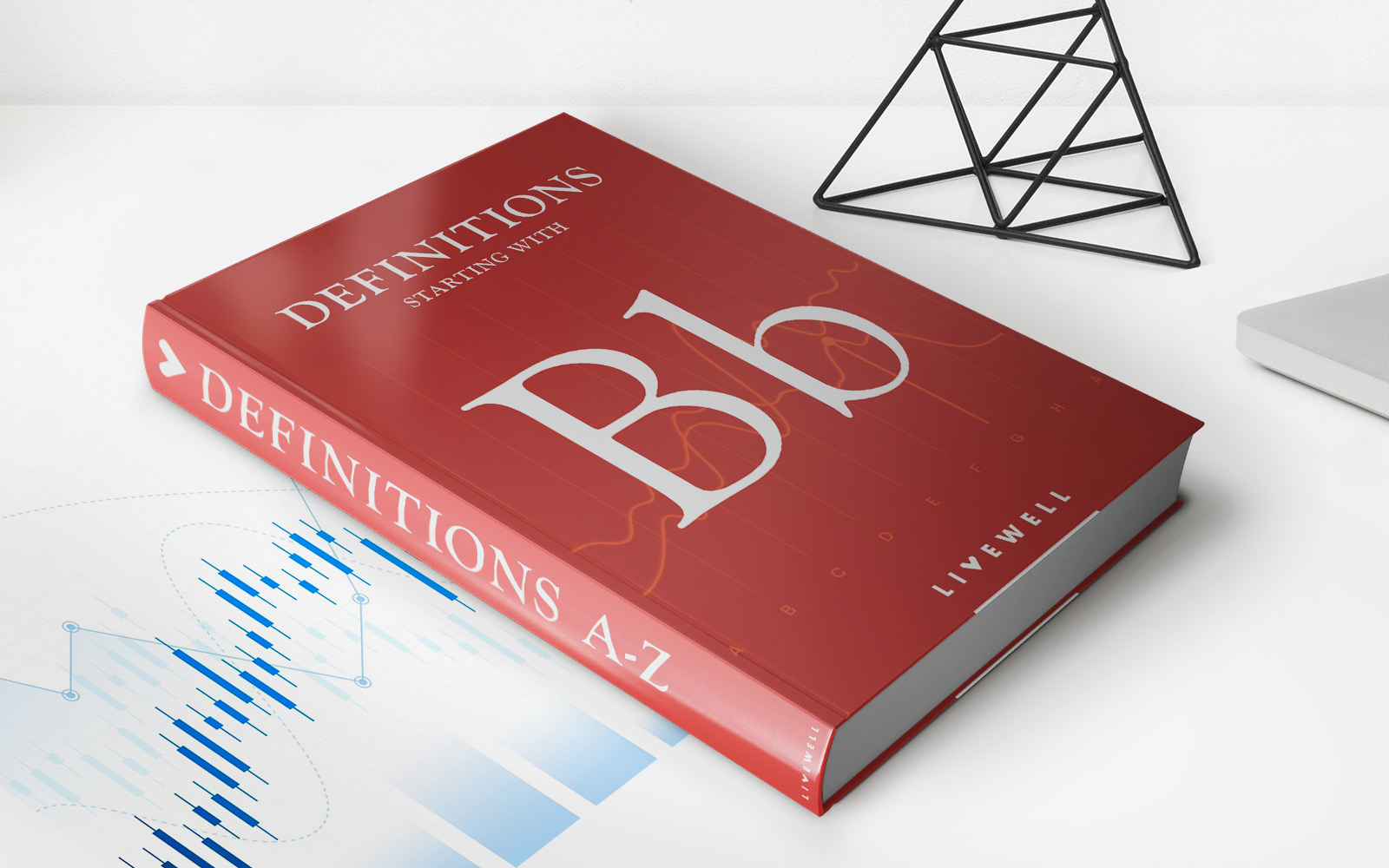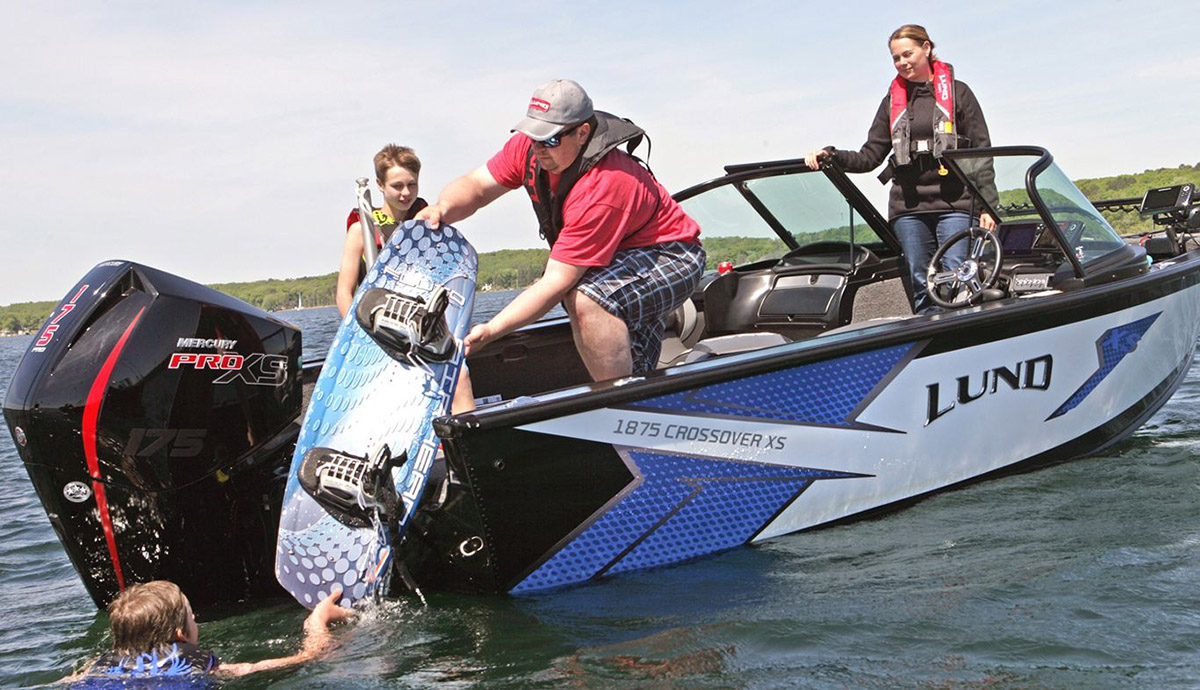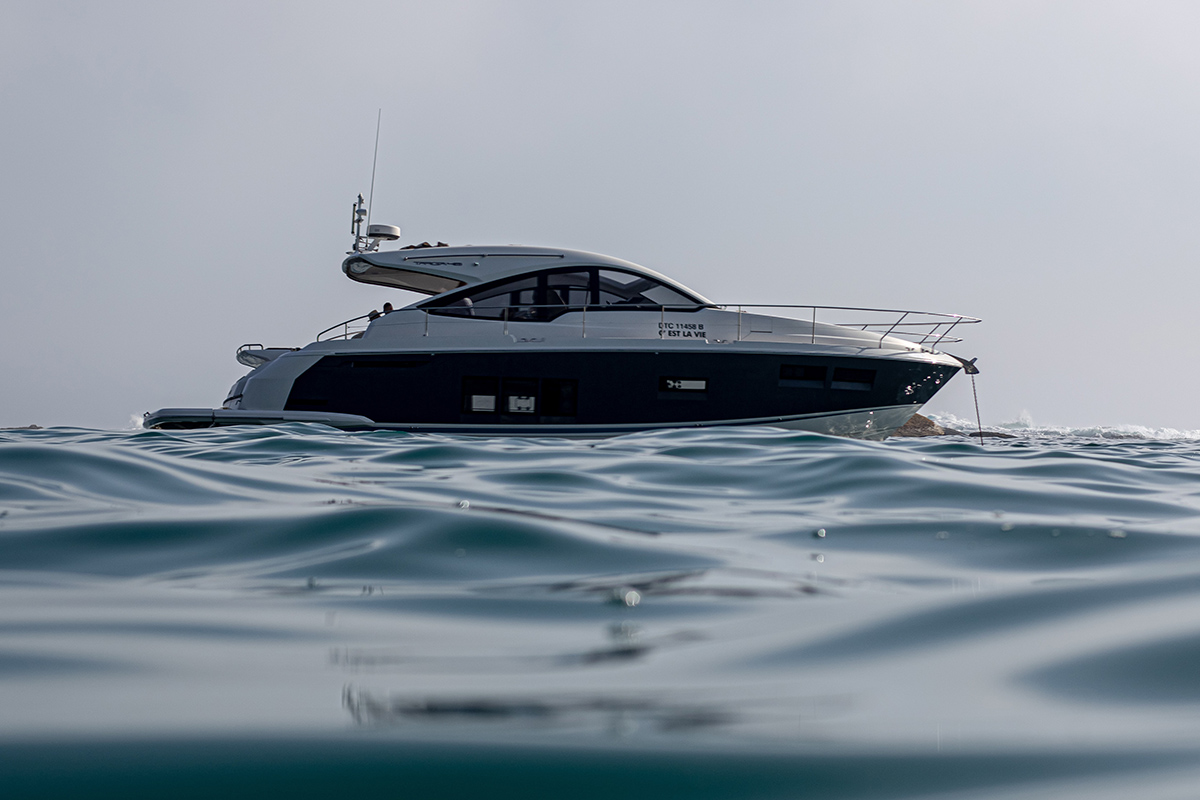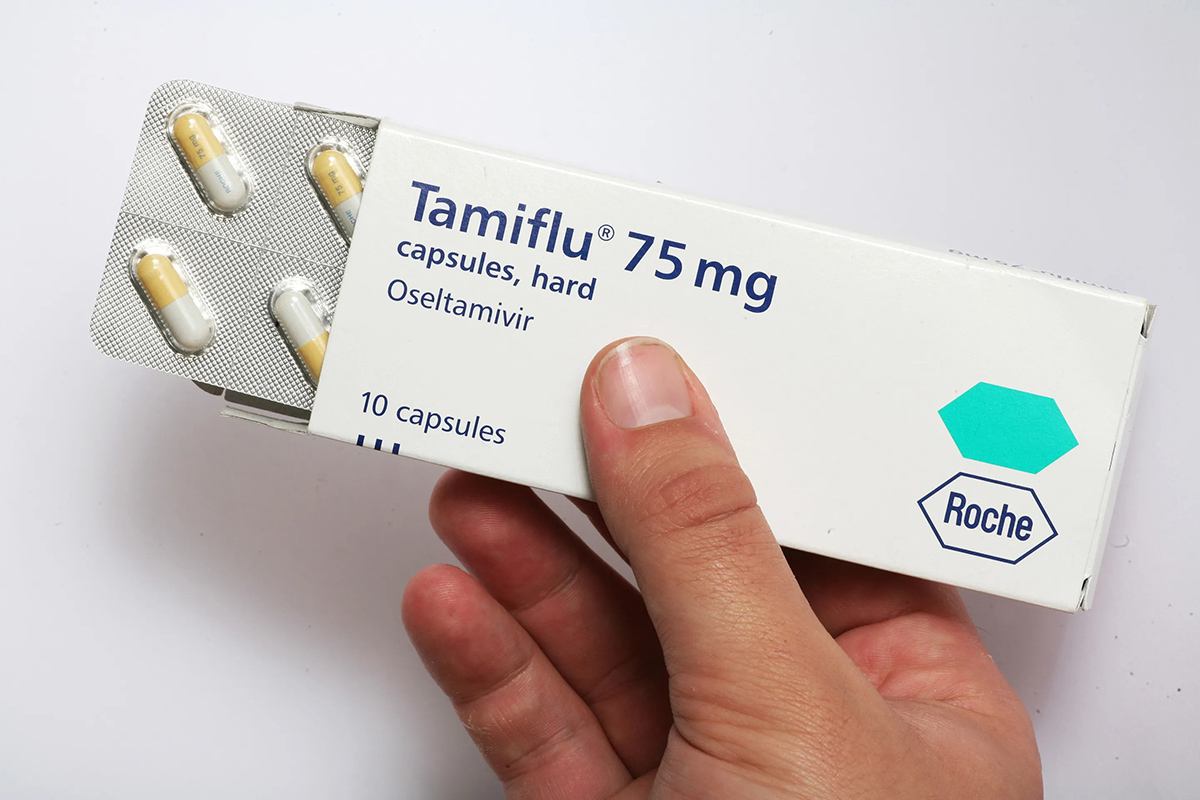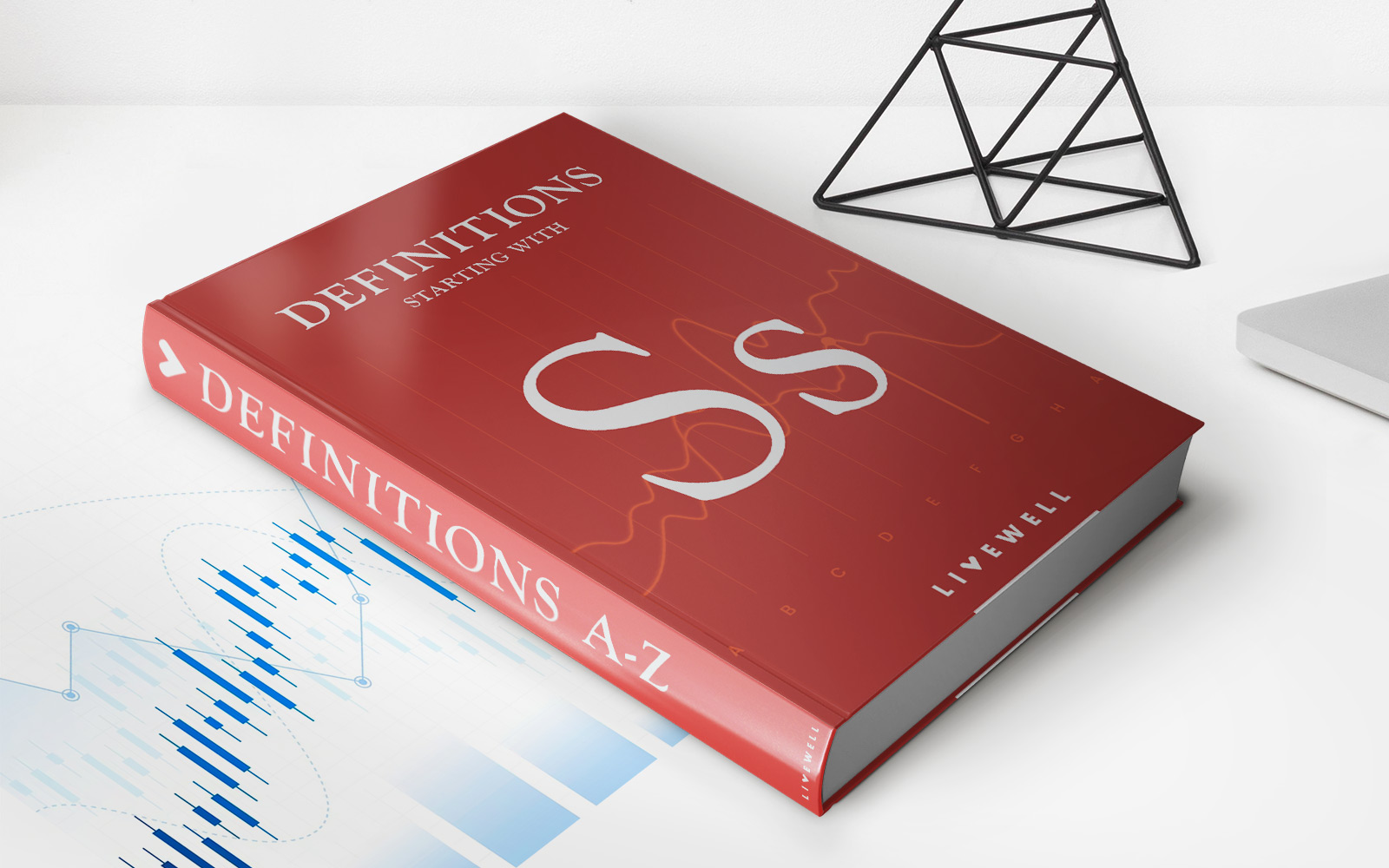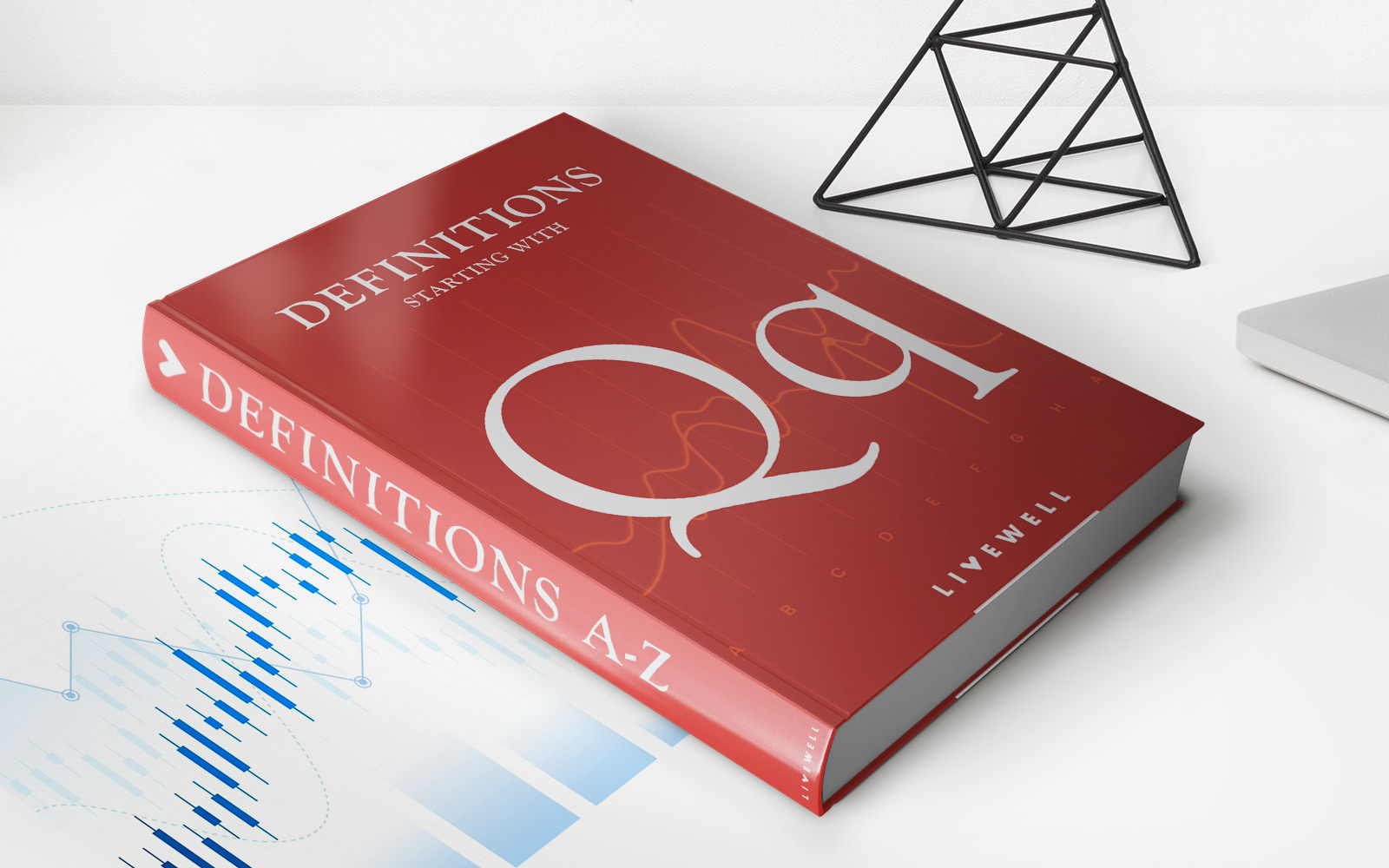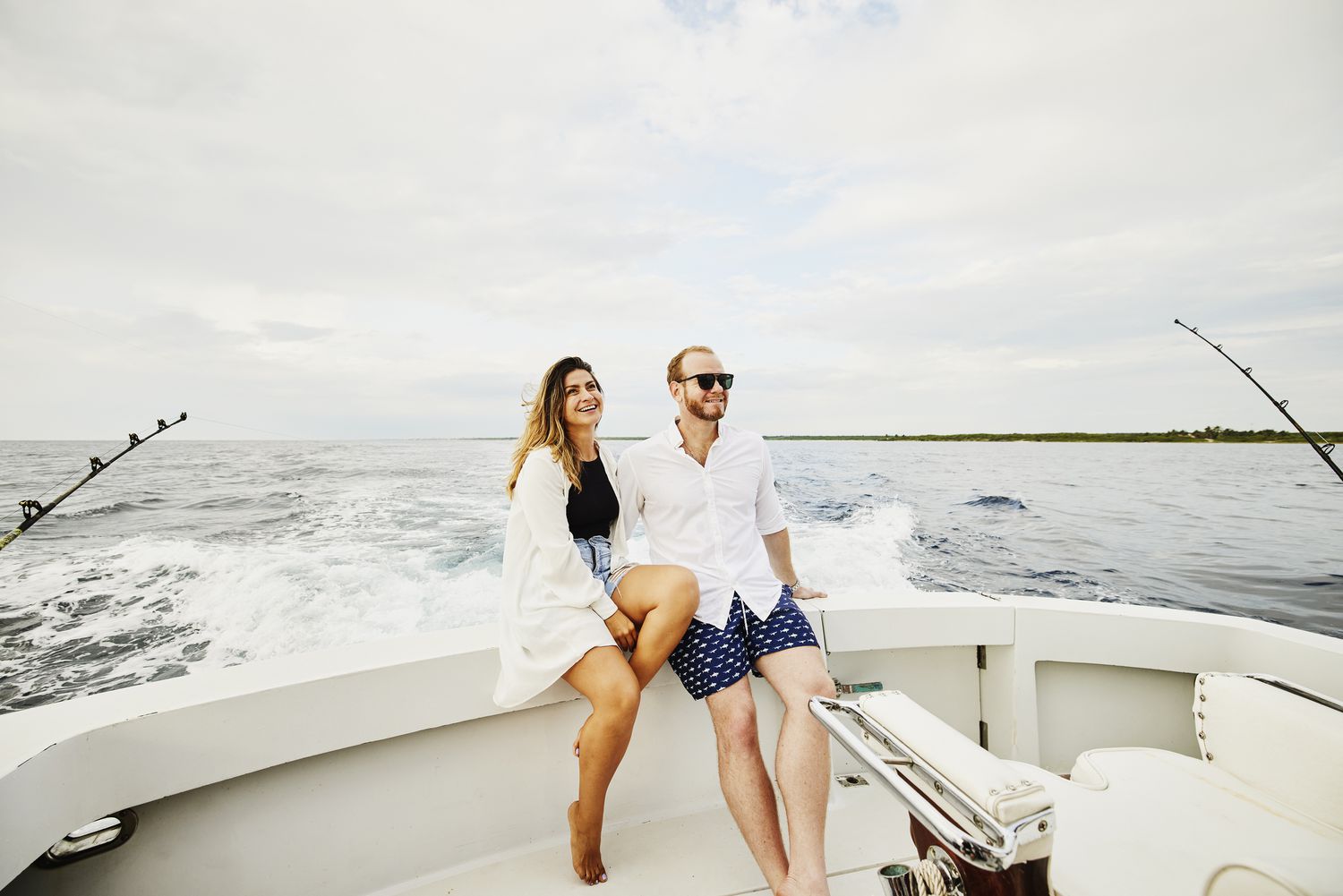

Finance
How Much For Boat Insurance
Published: November 14, 2023
Looking for boat insurance? Find out how much it costs and get the best finance options for your boat insurance needs
(Many of the links in this article redirect to a specific reviewed product. Your purchase of these products through affiliate links helps to generate commission for LiveWell, at no extra cost. Learn more)
Table of Contents
Introduction
Welcome to the exciting world of boating! Whether you are a seasoned sailor or just starting out, one thing is for certain: protecting your investment is crucial. That’s where boat insurance comes in. Just like car insurance, boat insurance provides financial protection in case of accidents, theft, or damage to your vessel.
Boat insurance offers peace of mind by covering the costs of repairs, medical expenses, and liability claims that may arise while out on the water. It is a smart investment to safeguard your beloved boat and ensure that you’re not caught off guard by unexpected expenses.
But how much does boat insurance actually cost? The answer depends on various factors, including the type of boat, its value, your boating experience, and your location. In this article, we will delve deeper into understanding boat insurance, factors that affect the rates, types of coverage available, and how to choose the right policy for your needs. We will also provide tips on saving money on boat insurance and guide you through the process of getting a boat insurance quote.
So, whether you’re a proud owner of a motorboat, sailboat, or a personal watercraft, it’s time to explore the world of boat insurance and make an informed decision to protect yourself and your investment. Let’s dive in!
Understanding Boat Insurance
Boat insurance is a specialized type of insurance coverage designed to protect boat owners from financial losses related to accidents, damage, theft, or liability while operating their boats. It provides coverage for a wide range of watercraft, including motorboats, sailboats, yachts, and personal watercraft such as jet skis.
One key aspect of boat insurance is that it typically covers both the boat and the equipment on board. This can include items such as motors, fishing equipment, navigation systems, and personal belongings. Additionally, boat insurance can provide coverage for injuries to passengers, damage to other boats or property, and legal expenses in case of lawsuits arising from boating accidents.
It’s important to note that boat insurance is not legally required in all states or jurisdictions. However, many marinas and lending institutions may require proof of insurance before allowing you to dock your boat or obtain a loan. Even if it’s not mandatory, having boat insurance is highly recommended to protect yourself financially in the event of an unforeseen incident.
When deciding on the coverage for your boat, it’s essential to consider its value, size, and usage. For example, a small fishing boat used for recreational purposes will have different insurance needs compared to a luxury yacht used for chartering.
Boat insurance policies often come with a deductible, which is the amount you’ll need to pay out-of-pocket before the insurance coverage kicks in. Higher deductibles typically result in lower insurance premiums, but it’s important to choose a deductible that you can comfortably afford in case of a claim.
Lastly, it’s worth mentioning that boat insurance may have some limitations and exclusions. Common exclusions may include normal wear and tear, damage caused by improper maintenance or neglect, and damage from marine life such as algae or barnacles. It’s essential to carefully read and understand the terms and conditions of your policy to know what is covered and what is not.
Now that we have a basic understanding of boat insurance, let’s explore the factors that can influence the cost of boat insurance in the next section.
Factors Affecting Boat Insurance Rates
When it comes to boat insurance rates, several factors come into play. Understanding these factors can help you navigate the insurance market and find the best coverage at an affordable premium. Here are some key factors that can affect boat insurance rates:
- Boat Type: The type of boat you own will have a significant impact on your insurance rates. Different types of boats, such as motorboats, sailboats, yachts, or personal watercraft, have varying levels of risk associated with them. Generally, smaller and slower boats tend to have lower insurance rates compared to larger, faster vessels.
- Boat Value: The value of your boat is another crucial factor. Higher-value boats will generally have higher insurance premiums. It’s important to accurately assess the value of your boat to ensure it is adequately insured.
- Boat Length and Horsepower: The length of your boat and its horsepower rating are also factors considered by insurance providers. Longer boats or those with higher horsepower engines may be associated with a higher risk of accidents or claims, leading to higher premiums.
- Boating Experience: Your boating experience and qualifications can affect your insurance rates. Insurance companies may offer discounts to individuals who have completed boating safety courses or have a certain number of years of boating experience without any claims.
- Navigational Area: The area where you plan to navigate your boat can impact your insurance rates. Some waters may be considered higher risk due to factors such as heavy traffic, hazardous conditions, or a higher likelihood of theft. Insurance rates may be higher for boats that primarily operate in these areas.
- Deductible and Coverage Limits: The deductible and coverage limits you choose for your policy can also influence the cost of insurance. Higher deductibles and lower coverage limits typically result in lower premiums, but it’s important to strike a balance between affordability and adequate coverage.
- Claims History: Your claims history can play a role in determining your insurance rates. If you have a history of filing claims or accidents, it may result in higher premiums, as it indicates a higher risk profile.
It’s important to note that these factors can vary depending on the insurance provider, so it’s advisable to shop around and compare quotes from different companies to find the best coverage and rates for your specific boat and situation.
Now that we have discussed the factors that affect boat insurance rates, let’s explore the different types of coverage options available in the next section.
Types of Boat Insurance Coverage
When it comes to boat insurance, there are various coverage options available to suit different needs and levels of protection. It’s important to understand these coverage types to make an informed decision about the type of policy that best fits your boating lifestyle. Here are the primary types of boat insurance coverage:
- Hull Coverage: This is the core component of boat insurance and provides coverage for physical damage to your boat in case of accidents, theft, vandalism, or natural disasters. It typically covers repair or replacement costs up to the insured value of the boat.
- Liability Coverage: Liability coverage protects you financially in case you cause damage to another person’s property or injure someone while operating your boat. It can also cover the legal expenses if you’re sued as a result of a boating accident.
- Medical Payments Coverage: Medical payments coverage provides coverage for medical expenses incurred by you, your passengers, or others who are injured while on your boat. It can help cover medical bills, hospital stays, and other related expenses.
- Uninsured/Underinsured Boater Coverage: This coverage protects you if you’re involved in an accident caused by another boater who either doesn’t have insurance or has insufficient coverage. It can help cover your expenses if the at-fault boater cannot pay for your damages or injuries.
- Personal Property Coverage: Personal property coverage insures the belongings on your boat, such as fishing equipment, electronics, water toys, and personal items. This coverage can help replace or repair these items in the event of theft, damage, or loss.
- Towing and Emergency Assistance: This coverage provides assistance if your boat breaks down on the water and you need towing, fuel delivery, or other emergency services. It can help cover the costs associated with getting your boat safely to a repair facility.
- Additional Coverage Options: Depending on your needs and preferences, you may have the option to add additional coverage to your boat insurance policy. These can include coverage for fuel spills, hurricanes, roadside assistance for boat trailers, or coverage for on-water towing.
It’s important to carefully review the coverage options offered by different insurance providers and assess which ones are most relevant to your boating activities and risks. Keep in mind that the specific coverage details and limits can vary between policies and insurance companies, so make sure to read the policy documents and ask any necessary questions before making a decision.
Next, let’s explore some tips on how to choose the right boat insurance policy for your needs.
Choosing the Right Boat Insurance Policy
When it comes to selecting the right boat insurance policy, there are several factors to consider to ensure you have the appropriate coverage for your needs. Here are some essential tips to help you choose the right boat insurance policy:
- Evaluate Your Coverage Needs: Assess your specific boating activities, determine the value of your boat and equipment, and consider any potential risks or concerns. This will help you determine the level of coverage you need and any additional coverage options that may be beneficial.
- Research Insurance Providers: Take the time to research and compare insurance providers. Look for reputable companies with experience in boat insurance. Read customer reviews, check their financial stability, and evaluate their claims process and customer service.
- Review Policy Coverage and Exclusions: Carefully read and understand the policy coverage, exclusions, and limitations. Make sure the policy covers the specific risks and activities you engage in, and be aware of any exclusions or limitations that may impact your coverage.
- Consider Deductibles and Premiums: Evaluate the deductibles and premiums of different policies. A higher deductible may result in lower premium payments, but make sure you can afford the deductible if you need to file a claim. Compare premiums among different providers to find the most competitive rates.
- Ask about Discounts: Inquire about available discounts to help reduce your insurance costs. Many insurers offer discounts for completing boating safety courses, having multiple policies, being a member of a boating association, or installing safety devices on your boat.
- Assess Customer Support: Consider the level of customer support and claims handling offered by insurance providers. A responsive and reliable insurer can make a significant difference if you need assistance or have to file a claim.
- Read the Fine Print: Before finalizing your decision, carefully read and understand all the terms and conditions of the policy. Pay attention to any policy conditions, cancellation policies, or renewal terms.
- Seek Professional Advice: If you are unsure about certain aspects of boat insurance or need personalized recommendations, consider consulting an insurance agent or broker specializing in boat insurance. They can help assess your specific needs and guide you towards the most suitable policy.
Choosing the right boat insurance policy requires careful consideration and research. By following these tips, you’ll be on your way to securing the coverage that best meets your boating needs and provides peace of mind on the water.
Speaking of peace of mind, let’s move on to the next section and explore some tips for saving money on boat insurance.
Tips for Saving Money on Boat Insurance
Boat insurance is an important investment to protect your vessel and ensure your peace of mind while out on the water. However, it’s also natural to want to find ways to save money on your insurance premiums. Here are some tips to help you reduce the cost of boat insurance:
- Shop Around: Obtain quotes from multiple insurance providers to compare coverage options and pricing. This allows you to find the best value for your specific boat and needs.
- Bundle Policies: If you have other insurance policies, such as auto or home insurance, consider bundling them with your boat insurance. Many insurers offer multi-policy discounts that can lead to significant savings.
- Choose a Higher Deductible: Opting for a higher deductible can lower your premium payments. Just make sure you can comfortably afford the deductible amount in the event of a claim.
- Take a Boating Safety Course: Completing a boating safety course not only enhances your knowledge and confidence on the water but can also make you eligible for insurance discounts. Many insurers offer premium reductions for boaters who have completed certified safety courses.
- Install Safety Features: Adding safety features to your boat, such as fire extinguishers, automatic fire suppression systems, or GPS tracking devices, can lower your insurance premiums. Check with your insurer to see if they offer discounts for these safety enhancements.
- Maintain a Good Claims Record: Avoid filing unnecessary claims and maintain a good claims history. Insurance companies may offer discounts to policyholders with a history of responsible boating and limited claims.
- Consider Storage and Protection: Keeping your boat in a secure marina or using additional security measures, such as sturdy locks or alarms, can reduce insurance costs. Insurers look favorably upon boats stored in secure locations or equipped with theft prevention devices.
- Review Coverage Annually: Regularly reassess your coverage needs to ensure you are neither over nor underinsured. As the value of your boat changes or your boating activities evolve, adjust your coverage accordingly to avoid unnecessary expenses.
- Take Advantage of Membership Discounts: If you belong to boating associations or clubs, check if they have partnerships with insurance providers that offer exclusive discounts for members.
Remember, every insurance provider has its own set of discounts and criteria for determining premiums. It’s worth discussing your eligibility for discounts with your insurance agent or broker to make sure you’re taking advantage of all available cost-saving opportunities.
Now that we have explored some money-saving tips, let’s move on to the process of obtaining a boat insurance quote.
How to Get a Boat Insurance Quote
Obtaining a boat insurance quote is a crucial step in securing the right coverage for your vessel. Here’s a step-by-step guide on how to get a boat insurance quote:
- Gather Information: Before reaching out to insurance providers, gather relevant information about your boat, including its make, model, year, length, and value. Some insurers may also require details about your boating history and usage.
- Research Insurance Providers: Research and identify reputable insurance companies that specialize in boat insurance. Look for providers with good customer reviews, competitive rates, and a solid financial standing.
- Contact Insurance Providers: Reach out to selected insurance providers, either through their website, by phone, or in person. Provide the necessary information about your boat and your coverage needs when requesting a quote.
- Provide Additional Details: Insurance providers may ask for additional details to assess your risk profile accurately. Be prepared to answer questions regarding your boating experience, storage facilities, safety measures, and previous claims history, if applicable.
- Compare Quotes: Once you receive quotes from different insurance providers, compare the coverage, deductibles, limits, and premiums. Consider the level of coverage offered and any additional benefits or discounts included in the policy.
- Ask Questions: If you have any questions or uncertainties about the quotes or policy terms, don’t hesitate to contact the insurance provider for clarification. It’s essential to fully understand what each policy covers before making a decision.
- Making a Decision: After comparing quotes and evaluating the coverage options, choose the policy that offers the best value for your needs. Consider the reputation of the insurance provider, the coverage details, and any additional benefits or discounts provided.
- Finalize the Policy: Once you’ve made your decision, contact the insurance provider to finalize the policy. Review the policy documents carefully and ensure that all information is accurate. Make the necessary arrangements for premium payments.
Keep in mind that getting a boat insurance quote is not a one-size-fits-all process. Insurance rates can vary based on factors such as the boat type, value, location, and your personal profile. By following these steps and comparing quotes from multiple providers, you can make an informed decision and select the right boat insurance policy that provides the coverage you need at a competitive price.
Now that you have learned how to obtain a boat insurance quote, let’s address some frequently asked questions about boat insurance.
Frequently Asked Questions about Boat Insurance
1. Is boat insurance required by law?
Boat insurance is not legally required in all states or jurisdictions. However, some marinas, lending institutions, or rental agencies may require proof of insurance before allowing you to use their facilities or rent a boat.
2. What does boat insurance typically cover?
Boat insurance can cover various aspects, including physical damage to the boat, liability for injuries or damages caused to others, medical payments for injuries to you or your passengers, and coverage for personal property on board.
3. How are boat insurance premiums calculated?
Insurance premiums are calculated based on several factors, such as the type and value of the boat, its age, the navigational area, your boating experience, and claims history.
4. Are there any discounts available for boat insurance?
Many insurance providers offer discounts for completing boating safety courses, bundling policies, having security features on your boat, or being a member of certain boating associations. It’s worth checking with your insurer to see which discounts you may be eligible for.
5. Do I have coverage if I lend my boat to someone?
The coverage provided by your boat insurance policy may extend to someone else operating your boat with your permission. However, it’s important to review your policy and consult your insurance provider to verify the specifics of coverage for others operating your boat.
6. Does boat insurance cover me if I boat in international waters?
Most boat insurance policies provide coverage within a specified navigational area. This area can vary between policies, and coverage may not extend to international waters. It’s crucial to check the terms and conditions of your policy or consult your insurance provider for coverage details outside your home waters.
7. What should I do if I need to file a boat insurance claim?
If you need to file a claim, contact your insurance provider as soon as possible. They will guide you through the claims process and provide the necessary instructions and forms. Document the incident with photos or video, gather any relevant information or witness statements, and provide all requested documentation to support your claim.
Remember that these are general FAQs, and the specific details and coverage can vary between insurance providers and policies. It’s always best to consult with your insurance provider directly to get answers to any specific questions or concerns you may have.
Now let’s conclude our discussion on boat insurance.
Conclusion
Boat insurance is a necessary investment to protect your boat, yourself, and your financial well-being while enjoying the open waters. Understanding the various aspects of boat insurance is crucial in order to make informed decisions about coverage options and find the right policy.
In this article, we’ve explored the importance of boat insurance, the factors that can affect boat insurance rates, different types of coverage available, and tips for saving money on boat insurance. We’ve also covered the process of obtaining a boat insurance quote and addressed some frequently asked questions.
Remember, when choosing boat insurance, carefully consider your boat’s value, your boating activities, and any additional coverage needs you may have. Compare quotes from different insurance providers, review policy details and exclusions, and assess discounts or benefits available.
By taking the time to research and select the right boat insurance policy, you can have the peace of mind knowing that you are financially protected in case of accidents, damage, theft, or liability while out on the water.
So, whether you’re a weekend boater or a seasoned sailor, don’t overlook the importance of boat insurance. Safeguard your investment and enjoy the freedom of cruising the waves, knowing that you are protected by a comprehensive boat insurance policy.



